#SafetyRecall
Petitioner Asks NHTSA to Require Noisemakers on Older EVs
Without the need for thousands of tiny explosions and burning liquid dinosaurs, electric vehicles are considerably quieter than those powered by internal combustion. Even so, EVs are required to make noise when traveling slowly, so they don’t surprise pedestrians. The rules cover vehicles manufactured since March 2021, but the National Highway Traffic Safety Administration received a petition to extend the policy.
Nissan Recalling 793,000 Rogue SUVs Over Fire Risk
While alchemy has famously spent the better part of recorded history trying to transmute lead into gold, the automotive industry has repeatedly managed to achieve the lesser-known act of sorcery where water is converted into fire. This usually occurs when humidity ends up corroding an essential electrical component, resulting in fire risk that becomes the deciding factor in a recall campaign.
This week’s corporate conjurer is Nissan, which has decided to call back 793,000 Rogue SUVs in the United States and Canada.
Chevy Bolt Fire Fix Allegedly Finalized
The Chevrolet Bolt has evolved from being General Motors’ superstar EV, radiating optimism for the company’s ambitious electrification strategy, to a public relations nightmare in relatively short order. While sales of the hatchback (and EUV) actually skyrocketed in Q2 of 2021, thanks largely to a diminished production output from the same period in 2020, shoppers are becoming aware of the fire reports and prolonged recall campaign that followed.
Another chapter has been added to that story, with GM now convinced that this will be the conclusion of the dejected tale. On Monday, the manufacturer issued an announcement that batteries for the Bolt had resumed production. But they won’t be coming out of the South Korean facility owned by LG Chem that’s been alleged as ground zero for the relevant defects. GM has instead elected to source the units from Michigan while LG improves quality assurance with the automaker peering over its shoulder, hopeful that customers will someday be able to use their car normally. Sadly, that moment still looks to be several months away.
The Chevrolet Bolt is Becoming Embarrassing for GM
If you’ve been following the Chevrolet Bolt, then you know it’s gone from a competitive front-motor, five-door all-electric subcompact to a tinderbox on wheels. Battery issues have resulted in numerous recalls while the associated fire risk is gradually making it the spiritual successor to the Ford Pinto flambé edition. Though, in fairness, the Bolt issue is nowhere near as devastating as those vintage Ford fires and pales in comparison to the General Motors’ own faulty ignition switch fiasco that left over 100 people dead.
It’s still leaving a bad impression, however, and GM’s latest decision (prudent as it might be) won’t be helping. As part of the recall campaign, the manufacturer has advised owners not to park the vehicle inside garages or close to buildings. It also has a charging protocol for customers to use to help minimize its risk of spontaneous combustion. Following yet another fire incident, GM has updated those recommendations and now advises drivers to park the Bolt at least 50 feet away from all other vehicles.
Takata's Killer Airbags Are Still Out There
The Takata airbag recall was the largest in the automotive industry. So large, in fact, that we don’t actually know how many defective units are still floating around out there.
With the recall encompassing over 100 million airbag inflators sold around the world with the potential to kill occupants with shrapnel, keeping tabs was always going to be difficult. But Blomberg is reporting that it’s effectively impossible to account for all of them, noting that there are parts of the planet where the affected customers weren’t ever notified. We still haven’t even managed to fix all the units we knew were shipped in the United States, with at least 14 million potentially deadly inflators still presumed to be on the road as of July.
GM Upset With Battery Supplier, Expands Bolt Recall Again
On Friday, General Motors announced that its recall of the Chevrolet Bolt would result in a loss of $1 billion. But only after it expanded the campaign to encompass every electric vehicle it has produced. Rather than a single $800-million defect requiring fire-prone models to come back for repairs, GM is now confronting two problems and including Bolts (and Bolt EUVs) from 2019 onwards. The automaker has said this will necessitate an additional billion-dollar financial setback.
Keen to avoid being the recipient of the swelling public outrage, the manufacturer has been trying to shift criticism onto battery supplier LG Chem. The South Korean firm has been involved in numerous fire-related recalls pertaining to electric vehicles and GM would very much like to remind you of that, rather than take the blame for building and selling EVs that it’s advising customers not to charge too much or park anywhere near their home.
Tesla 'Recalling' 285,000 Vehicles in China Over Autopilot Issue
The Chinese Communist Party seems to have it out for Tesla. Following bans that prohibited the brand’s vehicles from parking themselves anywhere near a military base, China’s government has decided to recall over 285,000 Tesla automobiles sold in the country. We’ve also seen state-run media outlets begin branding the automaker as irresponsible and arrogant amid consumer protests some are concerned might have been staged for political reasons. Though it’s painfully hard to get inside the head of the CCP while you hope for concrete evidence of any of the above. Propagandizing and censorship have reached a level where just about everyone is having difficulties distinguishing up from down.
What is certain, however, is that Tesla’s regional volume has taken a noteworthy hit in 2021 despite sales more than doubling the previous year. While this may have nothing to do with the bad publicity and recall campaigns, we’re betting the latest example — which pertains to customers misusing Autopilot — won’t help matters.
Kia 2021 Seltos and 2020-21 Soul Are Flaming Hot
Kia has recalled 2021 Seltos SUVs and 2020-21 Soul wagons with 2.0-liter, four-cylinder engines. 147,249 vehicles are involved. Inconsistent piston ring heat treating may cause engine damage. This can lead to a loss of power, and an increased risk of fires or crashing.
Volkswagen Recalling 218,000 Jettas Over Fuel Leak Risk
With so many automotive issues being “solved” with a software update and a wink of late, its nice to see a recall that harks back to the days where someone forgot to tighten a few bolts or had a delivery truck pull up to the factory with sub-optimal fasteners. According to documents filed with the National Highway Traffic Safety Administration, Volkswagen has found itself in just such a pickle and will need to recall 218,192 Jetta sedans from the 2016-2018 model years.
The problem? Improperly torqued fuel rail bolts. The solution? Obvious.
Toyota's Fuel Pump Recall Reaches 3.3 Million Vehicles in U.S.
Toyota has added another 1.5 million vehicles to the fuel pump recall instituted at the start of 2020, bringing the grand total to 3.34 million units. While the original recall accounts for models stretching all the way back to 2013, the manufacturer announced on Wednesday that the newest additions encompass Toyota and Lexus products assembled between July 2017 and September 2020.
Considering a portion of the vehicles were manufactured months after the firm had already announced there was a safety issue with the pump, it’s a little odd to see them being added to the list at all. Supplier Denso Corp. is responsible for the components in both instances and suggested we reach out to Toyota for information. But the Japanese automaker essentially reiterated what it said in the previous safety announcement, adding that it was working with Denso to make sure replacement parts were made promptly available.
Hyundai/Kia Issue Recalls Over Fuel Line Leak, Fire Risk
Hyundai is reportedly recalling around 207,000 Sonata models in the U.S. over a fuel hose issue that could create a fire hazard. Kia issued a recall on 142,000 Optima sedans and 51,000 Sedonas minivans for the same issue. While there doesn’t appear to be any injuries stemming from the problem, Hyundai Motor Group has notified the National Highway Traffic Safety Administration that the vehicles could incur a fuel leak that runs the risk of starting fires within the engine compartment.
The source of the issue has not been discovered; the NHTSA recall report stipulates that the manufacturer “believes the material used to produce the fuel feed line might be more susceptible to heat under certain vehicle operating conditions.” Be on the lookout for a less responsive motor, engine warning lights and the faint aroma of gasoline.
Fuel Pump Issue Forces Toyota to Recall Almost 700,000 Vehicles
Toyota has announced the recall of 696,000 vehicles in the United States due to safety concerns caused by a suspect fuel pump. The manufacturer said affected vehicles are equipped with a pump which may stop operating, asking customers to be on the lookout for warning lights and a rough running engine.
Impacted autos run the risk of stalling, with an inability to restart the vehicle if the fuel pump fails entirely.




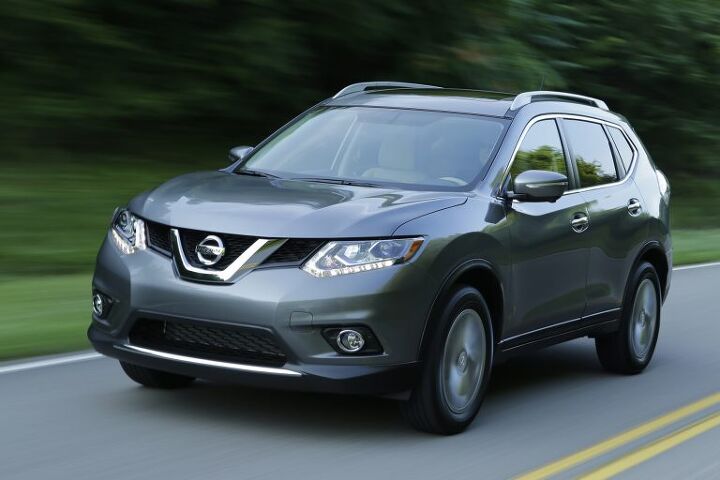
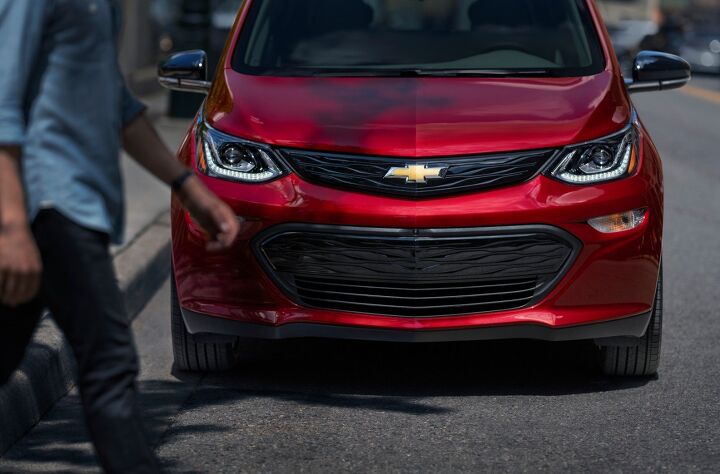




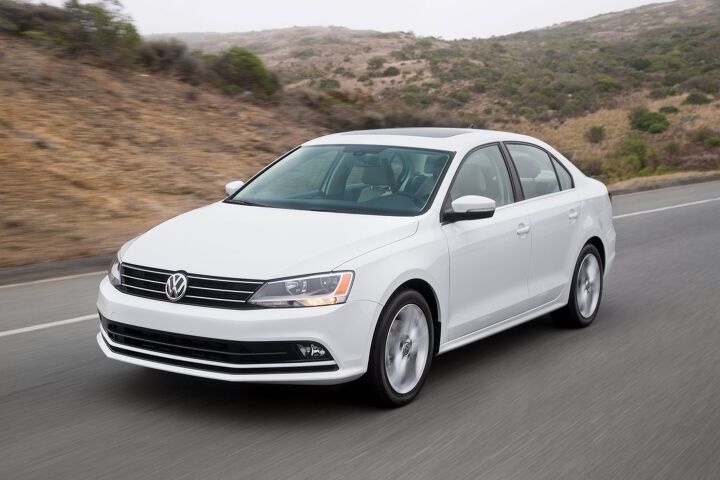
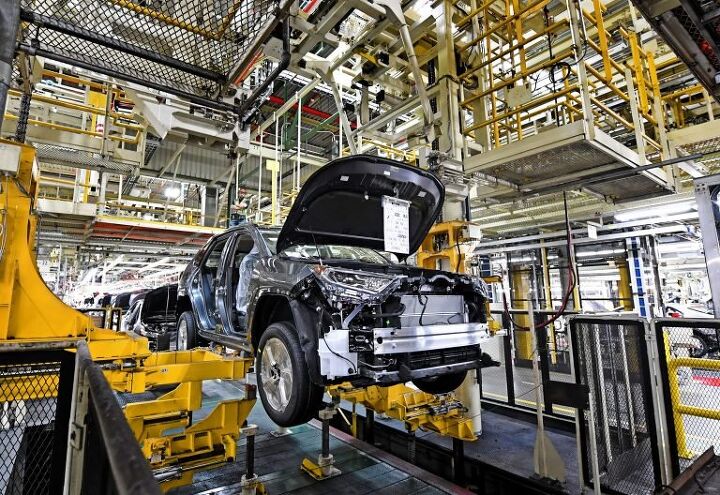
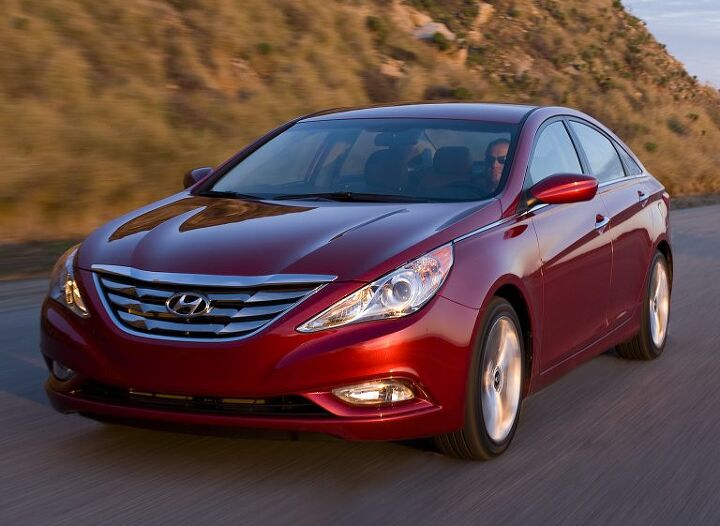
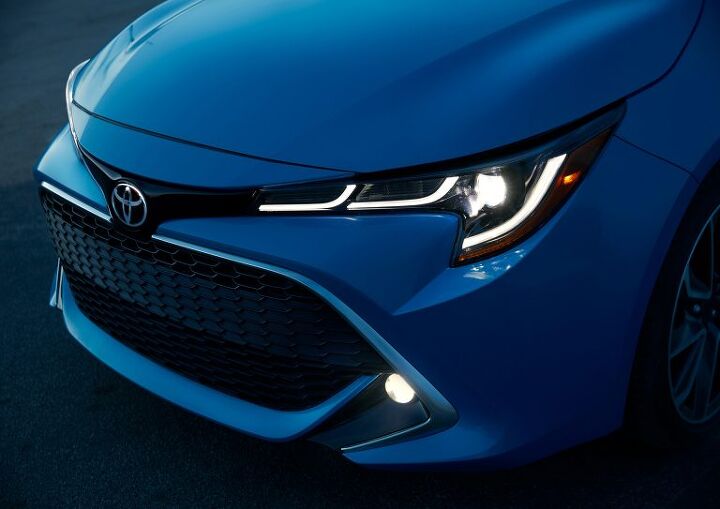












Recent Comments